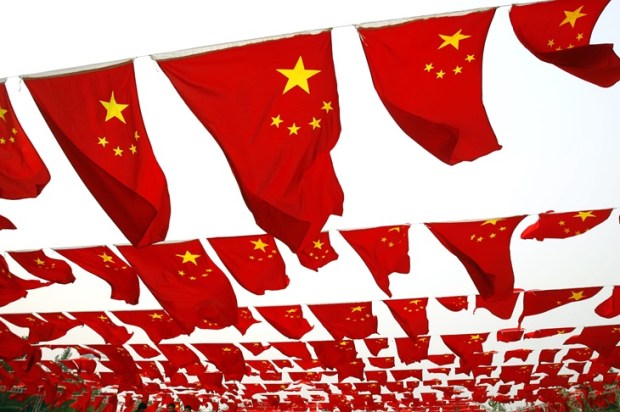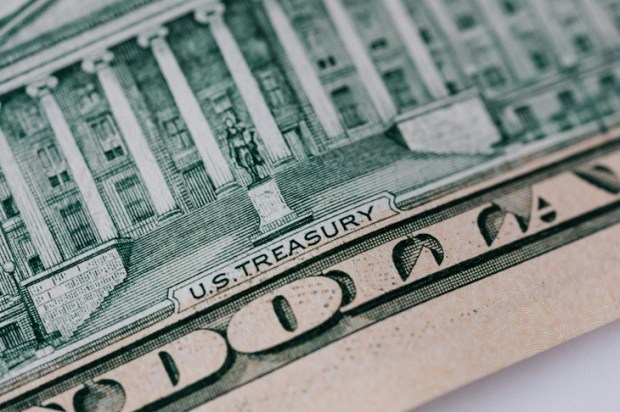On September 12, 2024, Communications Minister for the incumbent Albanese government Michelle Rowland introduced the Communications Legislation Amendment Bill 2024 to the Australian Parliament.
From a cursory glance, it is indeed difficult to comprehend why such a magnitude of antagonism towards the bill has since fomented.
The bill’s brief summary as can be found on the parliamentary website nonchalantly describes the motion’s purpose of amending the Broadcasting Services Act. 1992 as a means of imposing obligations on digital platform providers to clamp down on disseminators of information that is verifiable as false, misleading, or deceptive and is likely to contribute to serious harm.
It’s almost as if it is worded in a way that any opposition that would arise to it would seem untenable or irreconcilable with a decent moral compass.
Who could seriously say they’re against any attempt by our altruistic and puritanical parliamentary overlords to mitigate serious harm? We surely are in favour of less false or deceptive information permeating Australian society.
Though, as always is the case with these motions, the devil once again lies in the detail and we must ask ourselves the pertinent question surrounding this bill: by whose standards is the meaning of serious harm determined?
And of course, the answer is government.
It should first come as no surprise to anyone not living under a rock throughout 2020-21 that this bill’s definition of ‘serious harm’ encompasses ‘harm to public health in Australia, including to the efficacy of preventive health measures in Australia’.
The measures implemented to ostensibly mitigate the effects and spread of the Covid pandemic constituted one of the biggest incursions on the civil liberties of everyday Australians in our nation’s history.
People were made to comply with lockdowns that lasted as long as a combined total of 162 days if you lived in NSW and 262 days if you lived in Victoria. The amount of time someone could spend outside was heavily regulated and those who resisted in the form of physical protests or even social media posts deemed to enable dissent were fined and/or arrested.
But this isn’t really groundbreaking news. It’s now very well known that governmental bodies both national and supranational have capitalised on Covid as a pretext to further centralise decision-making powers surrounding public policy and forcibly crowd out any opposition that may arise.
Former US Secretary of State, Climate Czar, and veteran World Economic Forum (WEF) participant John Kerry recently spoke at a WEF panel where he virtually admitted that longstanding legislation ensuring freedom of speech is an obstacle in the way of government.
‘If people go to only one source and the source they go to is sick and has an agenda and they’re putting out disinformation, our first amendment stands as a major block to the ability to be able to hammer it out of existence,’ Mr Kerry said.
But what I believe to be the more sinister component of the multifaceted definition of ‘serious harm’ is that concerning banking and finance. According to section 14F of the bill, ‘serious harm’ is also defined as ‘imminent harm to the Australian economy, including harm to public confidence in the banking system or financial markets’.
This is a classic trick in the neoliberal playbook and is reminiscent of tactics used by draconian politicians and financial elites to implement extreme austerity measures at the expense of personal freedoms and the wellbeing of the working and middle classes.
The word ‘fascism’ gets thrown around a lot these days but this tactic implemented on behalf of financial dictators is steeped in the term as known through its traditional connotations.
It is well documented that, in its administrative overhaul of Italy’s major news outlets, Benito Mussolini’s regime actively replaced editors that were overly critical of bankers, financiers, and government-aligned private sector elites.
Mussolini’s fascists even established their own Ministry of Popular Culture in 1937 that all newspapers and radio stations were required to submit their editorials to before being aired.
Articles surrounding financial topics were reviewed carefully to ensure criticism of the government’s austerity measures or banking behaviour more broadly wasn’t disseminated.
Now aside from all this, ask yourself why it is now the preserve of the public sector to determine what misinformation and disinformation is?
Many high-profile bureaucrats have grossly violated their own standards now set out in the misinformation bill.
The Albanese government itself promised to reduce household energy bills by $275 in the lead-up to being elected in May 2022. Hasn’t that turned out to be misinformation, given what households are currently paying?
Former RBA Governor Philip Lowe had to issue an apology after it turned out that the cash rate would actually not stay at 0.01 per cent until 2024 like he said it would, causing many Australians to take out variable rate mortgages under the assumption that rates wouldn’t rise until this year.
Was this misinformation? Apparently not.
When are we going to wake up and take action against a bloated political class that is consistently trying to solidify a techno-structure through legislation that erodes our basic civil liberties as a consequence?
‘The price of freedom is eternal vigilance,’ said Thomas Jefferson.

























